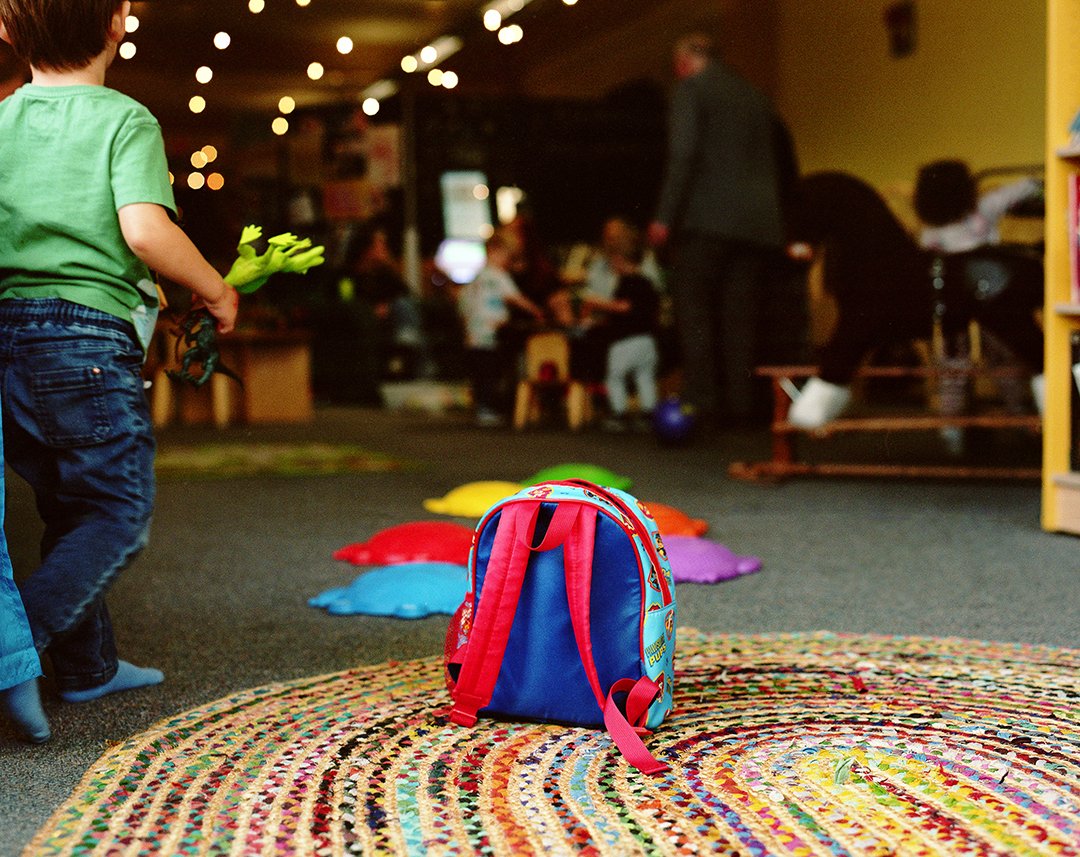Child poverty where parents are doing what the social security system expects of them
Our work looks at child poverty for different adult economic activity in families.
This analysis details the numbers of children in and out of poverty, broken down by a summary of the numbers of full-time workers, part-time workers and non-workers in their family. These are further categorised by whether the parents are working the hours expected of them by the rules underlying Universal Credit, which vary according to the age of the youngest child.
Findings
In 2016/17, there were two million children in relative poverty (after housing costs) in families working as much as expected, given the age of their youngest child. This was almost half the total number of children in poverty. About two fifths of these two million children were in families with a lone parent.
Around 400,000 children in poverty were in non-working lone-parent families with a child aged under three. Children in such families had an 80% chance of being in poverty despite the Universal Credit expectation that the parent need not work. A third of children in poverty in couple families working as much as expected had at least one full-time self-employed parent.
Some 2.1 million children in poverty were in families that appeared to have capacity for increased employment, given the age of their youngest child. But almost half of these children’s families included a disabled person. These parents may not be expected to meet the same work expectations (depending on the nature of their disability or caring responsibilities if the disabled family member is a child).
Methods
Universal Credit expectations that are used in this analysis are that:
- one parent in a couple family with children should be in full-time work.
Lone parents or the second parent in a couple family:
- should work full-time if the youngest child in the family is 13 and over,
- should work part-time if the youngest child is aged 3 to 12,
- are not expected to work if the youngest child is under three years old.
The datasets used are from the Family Resources Survey (FRS) and Households Below Average Income (HBAI) and have been obtained via the UK Data Service.
The measure of child poverty is the number of children in households where the income is less than 60% of the UK median household income after housing costs are included.
Families in this analysis are 'benefit units' that consist of one or two adults and their children. They do not include any other adults in a household, even if they are relatives. These are considered part of a second family in the same household.
The FRS and HBAI survey results include respondents’ self-assessment of their work status, including whether they consider any main job as being full-time or part-time. The definitions are not based on specific numbers of hours and take no account of the status of any second job.
The expectations of scope for increased work are based solely on the family mix of full-time working, part-time working and non-working and the age of the youngest child in the family. They take no account of other restrictions due to disability, ill health or other caring responsibilities.
The analysis includes information about child poverty by whether a family includes a disabled person and/or has capacity for increased employment.
The work builds on a 2014 paper from the University of York Social Policy Research Unit.
Links
Department of Work and Pensions. Households Below Average Income 2016/17 [Online] Available at: https://www.gov.uk/government/statistics/households-below-average-income-199495-to-201617 [Accessed 6 September 2018]
Bradshaw, J. 2014. How many working poor parents might be able to work more? York: University of York [Online] Available at: https://pure.york.ac.uk/portal/en/publications/how-many-working-poor-parents-might-be-able-to-work-more [Accessed 6 September 2018]
Child Poverty web content. York: Joseph Rowntree Foundation [Online] Available at: https://www.jrf.org.uk/people/child-poverty [Accessed 6 September 2018]
Universal Credit web content. York: Joseph Rowntree Foundation [Online] Available at: https://www.jrf.org.uk/income-benefits/universal-credit [Accessed 6 September 2018]
In-work poverty content. York: Joseph Rowntree Foundation [Online] Available at: https://www.jrf.org.uk/work/in-work-poverty [Accessed 6 September 2018]
Further information
This analysis has been undertaken by the Evidence and impact team in June 2018. For further details please contact: analysis@jrf.org.uk

This briefing is part of the child poverty topic.
Find out more about our work in this area.